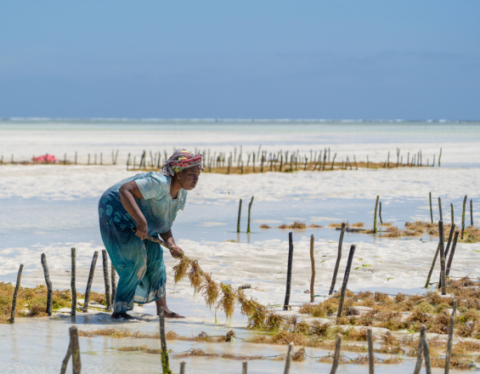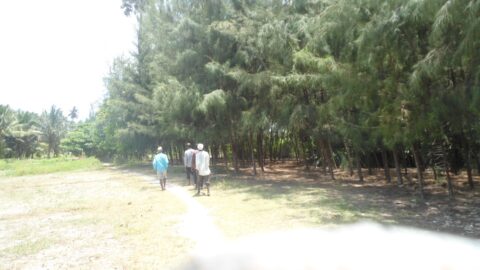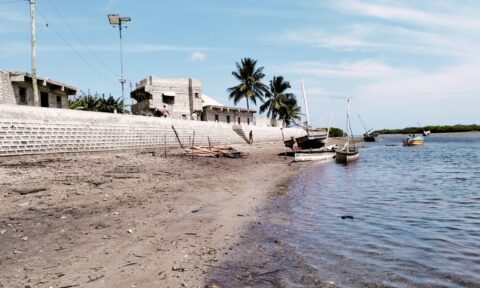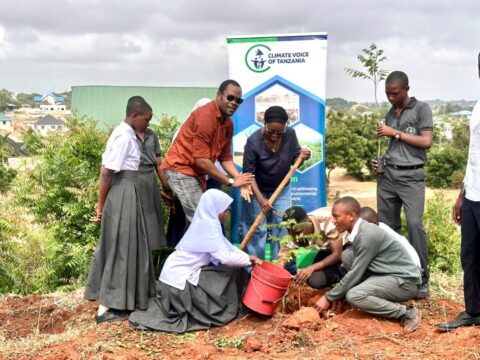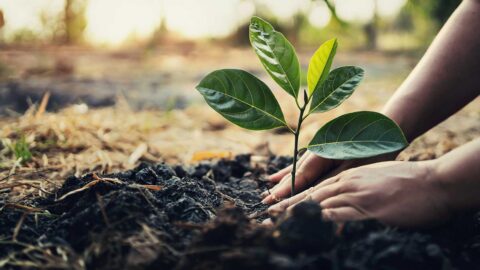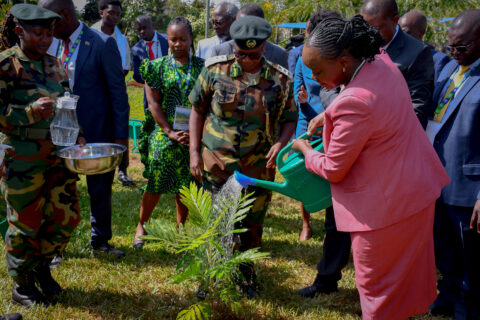Dodoma. The Minister in the President’s Office for Planning and Investment, Kitila Mkumbo, has said the Go Green and IMBEJU programmes are closely aligned with the goals of the National
Dar es Salaam. African countries have been urged to prioritise investment in water and sanitation infrastructure as a key strategy for tackling environmental challenges, improving economic productivity and strengthening resilience
Dar es Salaam. Africa’s fastest-ever growth in solar energy deployment is offering new hope for a continent disproportionately bearing the brunt of climate change. Yet, despite the surge, a widening
Zanzibar. A $117 million (about Sh293 billion) project aimed at strengthening sustainable fisheries and marine resource development has been launched to boost the blue economy and improve livelihoods in Tanzania.
Dar es Salaam. The Ministry of Agriculture has announced that it recognises and is prioritising local innovators producing agricultural equipment, saying the move aims to simplify and improve farming, a
Tanga, Zanzibar. For residents of Tanzania’s coastal islands, climate change is no longer an abstract scientific concept. It is a daily reality measured by disappearing farmland, submerged homes and graves
Tanga, Zanzibar. Rising sea levels linked to climate change are steadily reshaping Tanzania’s coastal communities, swallowing land, destroying livelihoods and exposing ancestral graves. But beyond the environmental shock, emerging evidence
By Jenifer Gilla Dar es Salaam. Climate Voice of Tanzania (CVT), in partnership with students of Songoro Mnyonge Secondary School in Wazo Ward, Kinondoni Municipality, has planted more than
By Jenifer Gilla Dodoma. The government has allocated 6,226.92 hectares of land across 16 villages in Igalula Constituency, Uyui District, Tabora Region, specifically for livestock grazing as part of efforts
Nairobi, Kenya. Regional leaders and biodiversity experts have called on countries to fast-track ecosystem restoration efforts, stressing that ambitious commitments under the Global Biodiversity Framework must be backed by robust





